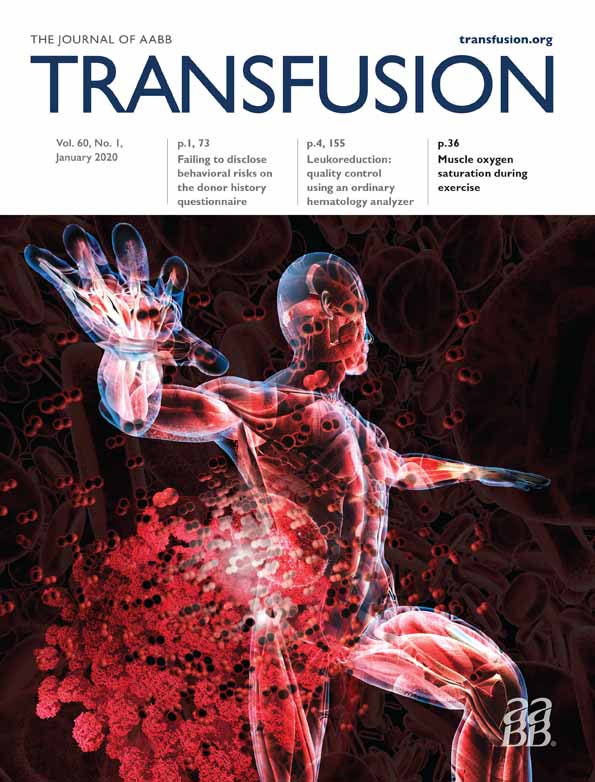Rhesus D alloimmunization in pregnancy from 1996 to 2015 in Iceland: a nation-wide population study prior to routine antenatal anti-D prophylaxis
Abstract
BACKGROUND
Rhesus D (RhD) incompatibility is still the most important cause of hemolytic disease of the fetus and newborn (HDFN) worldwide. The aim of this study was to investigate the incidence, causes, and consequences of anti-D alloimmunizations in pregnancy in Iceland, prior to implementation of targeted routine antenatal anti-D prophylaxis (RAADP) in 2018.
STUDY DESIGN AND METHODS
This was a nation-wide cohort study of 130 pregnancies affected by RhD alloimmunization in Iceland in the period from 1996 through 2015. Data were collected from transfusion medicine databases, medical records, and the Icelandic Medical Birth Register.
RESULTS
Of 130 RhD alloimmunizations, 80 cases (61.5%) represented new RhD immunization in the current pregnancy. Sensitization was discovered in the third trimester in 41 (51.3%) and occurred in the first pregnancy in 14 cases (17.5%). The most likely causative immunization event was the index pregnancy for 45 (56.25%), a previous pregnancy/birth for 26 (32.5%), abortion for 3 (3.75%), and unknown for 6 women (7.5%). Higher anti-D titers were associated with shorter gestational length, cesarean sections, positive direct antiglobulin test (DAT), and severe HDFN. Intrauterine transfusion (IUT) was performed in five pregnancies (3.8%), and 35 of 132 (26.5%) live-born neonates received treatment for HDFN; 32 received phototherapy (24.2%), 13 exchange transfusion (9.8%), and seven simple blood transfusion (5.3%).
CONCLUSION
In about half of cases, RhD alloimmunization was caused by the index pregnancy and discovered in the third trimester. Thus, the newly implemented RAADP protocol should be effective in reducing the incidence of RhD immunization in Iceland in the future.
CONFLICT OF INTEREST
The authors have disclosed no conflicts of interest.




